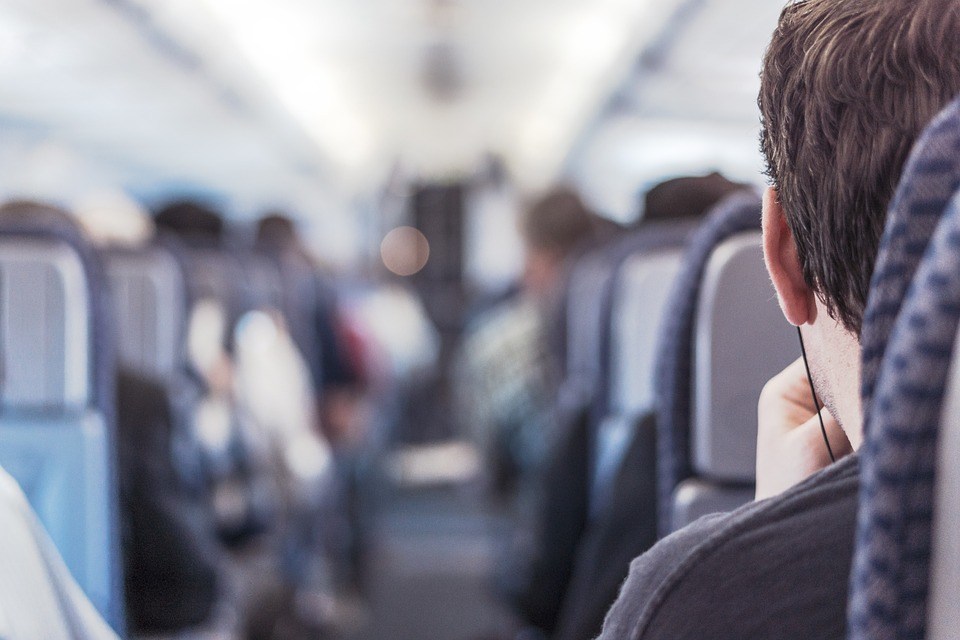As the rules surrounding travelling abroad during coronavirus times are constantly changing, leaving the country will not be as simple as it sounds this summer.
The Foreign Affairs Department updated its list with travel advice for countries open to travellers on non-essential journeys from Belgium. As it stands, however, going there - and returning to Belgium - is not as simple as it seems.
Is travelling even allowed?
Whether or not you are allowed to leave depends on your destination. Since 15 June, Belgians are allowed to travel to countries of the European Union and the United Kingdom, Switzerland, Liechtenstein, Iceland and Norway.
However, Foreign Affairs has given Finland, Ireland, Malta and Norway a red label, meaning Belgian travellers are not allowed to enter (yet).
Additionally, there was talk of the borders being opened to 15 non-EU countries from 7 July, but due to a number of reasons, Belgium decided to keep the borders closed for the time being.
On the website of Foreign Affairs, you can check whether you are allowed to travel to a country, and if so, under what conditions, as different rules apply everywhere.
Sometimes the conditions are filling in a form before you land, like in Greece, but sometimes it means a ban on travelling to certain regions because of local outbreaks, or adhering to tightened restrictions. Here is an overview of where lockdowns and tightened restrictions are imposed again.
What if you're already at your destination, and an outbreak happens?
The virus is the same everywhere, meaning prevention measures are too. It is best to stay indoors as much as possible and keep your contacts to a minimum, wash your hands regularly, keep your socials distance as much as possible, and wear a face mask when you can't.
It is not certain, however, if you can come back to Belgium early. At the beginning of the epidemic, a number of Belgians were repatriated from the infected area, but in the meantime, the rules have changed.
As the epidemic reached an advanced stage in Belgium, Foreign Affairs assumes that Belgians are aware of the risks, meaning you may not be able to count on a repatriation flight.
However, tour operator TUI announced that people who have booked a package holiday with them will still be repatriated, if there is a major outbreak somewhere with a lockdown in a tourist area. This is not the case for people who booked their own flight and hotel, and did not book a package holiday.
In any case, it is advisable to register via Travellers Online, a website of the Ministry of Foreign Affairs. Registering helps Belgium map out if Belgians are in infected areas. Additionally, people in trouble abroad can always contact the embassy or consulate.
What happens if you get sick?
Going to a local doctor to get tested is advisable. If your test is positive, the doctor will tell you what to do, taking into account the local legislation.
What if you booked a flight but don't want to leave anymore?
If you decide to cancel your own flight, it is not guaranteed you will get a refund. Several airlines, however, also offer rebookings to a different destination or on a different date, free of charge because of the uncertainties brought on by the crisis.
In case of official travel advice against travelling to your country of destination, chances are that you will get a refund when cancelling your fight, but if you want to be sure, consumer organisation Test-Achats recommends waiting until the airline or tour operator cancels. More on that can be found here.
What happens when you return to Belgium after travelling in a high-risk area?
People returning from a high-risk area need to get tested and self-quarantine when they arrive in Belgium. The same goes for people who show symptoms of having the coronavirus.
If the test is negative, you will have to be tested again after 9 days. If the result is still negative then, you can stop quarantining.
If the result is positive the second time around, the quarantine has to continue and you will only be allowed out of quarantine if you can submit a negative test.
However, there is still a lot of discussion surrounding the legal framework to make this measure mandatory.
The Risk Management Group (RMG), a federal advisory body in Belgium, issued the advice on Monday, and the country's regions, Flanders, Brussels and Wallonia, have since all announced that they will follow it.
However, the authorities are still working out the legal framework, and the Flemish Health Minister said that they count on everyone's "civility" to follow the advice, regardless of a legal way to enforce it.
Maïthé Chini
The Brussels Times

